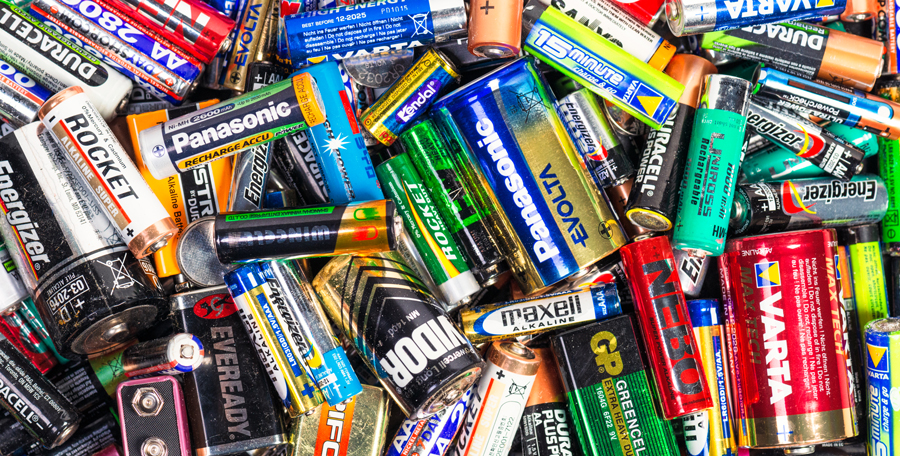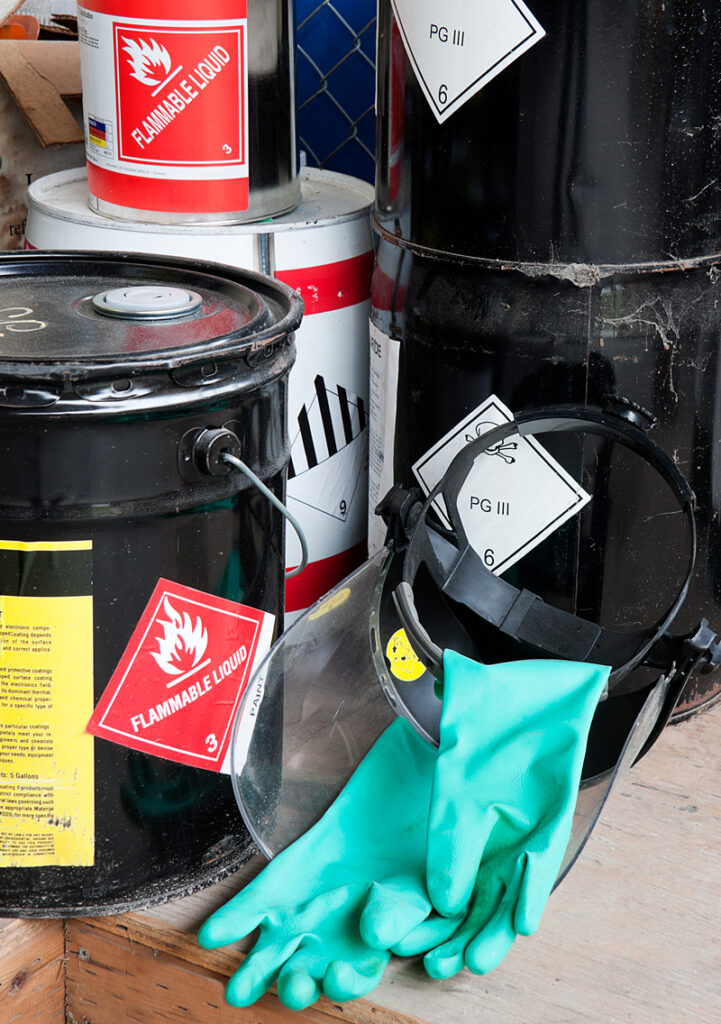- Do buy the right amount of product for the job. Read the label carefully before you purchase. It is your responsibility to use and dispose of household products and materials safely.
- Do call the product manufacturer or your local environmental or public health agency with questions about any materials which you think may pose a disposal problem.
- Do choose natural alternatives or less hazardous products whenever possible.
- Do dispose of products that go down the drain during normal use by pouring them down the drain with plenty of water. Dispose of each product separately, small amounts at a time. this includes sink and drain cleaners, laundry products, soaps, etc.
- Do empty all aerosol cans, by depressing the button until no more product comes out, before putting in the trash. Never throw empty aerosol containers into an incinerator or trash compactor.
- Do follow all label directions.
- Do protect yourself, your family, pets, refuse workers, emergency responders and the environment by wisely selecting, carefully using and properly disposing of household chemicals.
- Do recycle wastes if you can. Take used or contaminated motor oil, transmission fluid, kerosene and diesel fuel to an automotive service center, oil recycling station or authorized collection site; turn in your old car battery also.
- Do use up any product that you buy—or if you can’t, give it to someone who can. Make sure that any product you give away is in its original container with its label intact and any use and disposal instructions included. give leftover paint to a local community or theater group; donate leftover pesticides to the local garden club, etc.
- Do wrap the container in newspaper and double plastic bag before placing it in the trash if the label caries a warning about not getting the contents on your skin.







